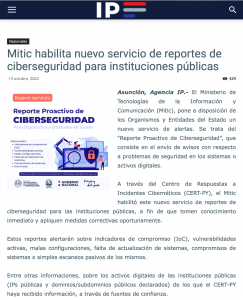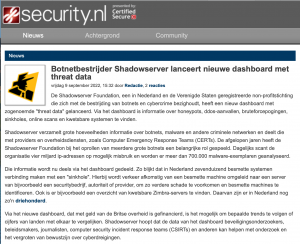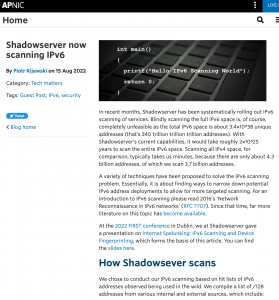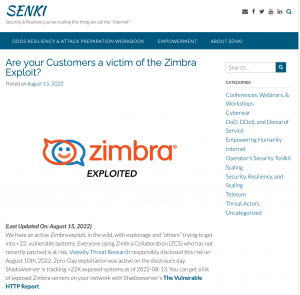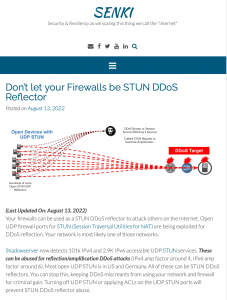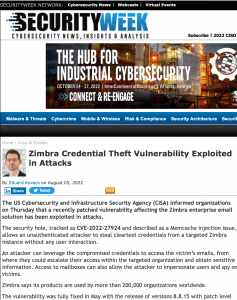Fortinet Admits Many Devices Still Unprotected Against Exploited Vulnerability
Fortinet is concerned that many of its customers’ devices are still unprotected against attacks exploiting the recently disclosed zero-day vulnerability and the company has urged them to take action. Fortinet was initially aware of a single instance where the vulnerability tracked as CVE-2022-40684 had been exploited. However, now that technical details and proof-of-concept (PoC) exploits are publicly available, the security hole is being increasingly targeted. The cybersecurity company has released patches and workarounds for the vulnerability, as well as indicators of compromise (IoCs) that can be used to detect signs of an attack. The Shadowserver Foundation reported on Friday that it had seen more than 17,000 internet-exposed devices vulnerable to attacks involving CVE-2022-40684, including thousands in the United States and India. Shadowserver has seen exploitation attempts coming from more than 180 IPs.




